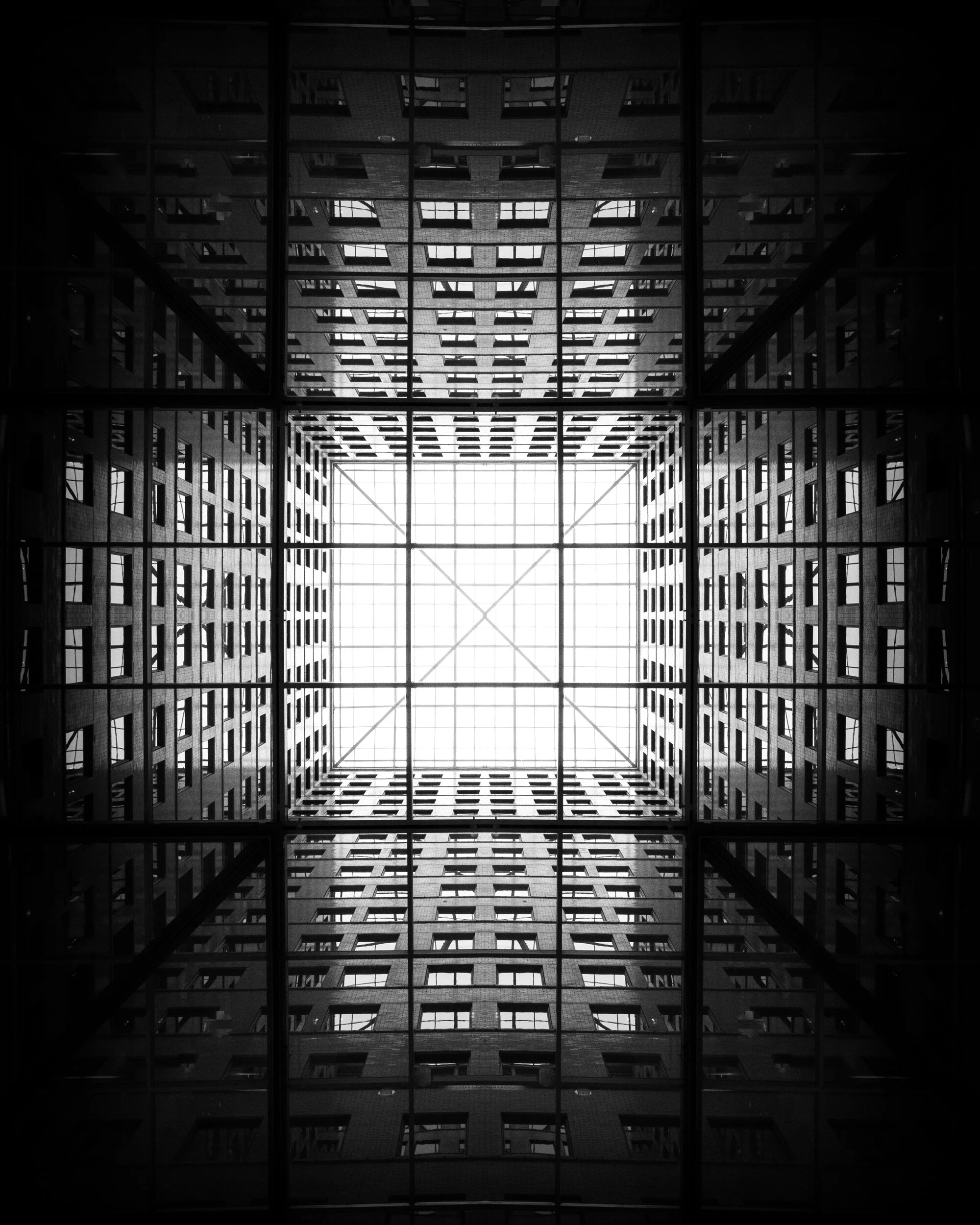From our Archives: Jason Peterson: Rad
Jason Peterson, come thru, May 5, 2016.
This interview was featured in Issue no. 15 - Place
Andrea Blanch: How do you feel about using an iPhone as a Creative Director? Do you feel like you’re taking away work from traditional photographers?
Jason Peterson: Of course I am, but I don’t know what the word traditional means. Let me give you a little background, too. I’m 47 years old and I’ve been shooting photos every day of my life since I was 15. I shot film photography, probably up until seven years ago. And I hated digital photography; I was anti-digital photography, like I despised the craft, because I grew up inspired by classic film, early fashion, street photography, stuff like that. So I only shot film.
I was in a dilemma, because I hated digital photography, because the quality was just never up to my kind of standards, and the whole process itself just wasn’t the craft of shooting a photograph.
So about five years ago, I launched my Instagram kind of early, like the Tumblr days. I started shooting and I shot a photo on my phone and it looked just like a Hiroshi Sugimoto shot. I thought, “This looks like an amazing medium format 10 hour-long exposures at sea, and I shot it on my phone.” So I got into digital photography through shooting on my iPhone. It kind of blew up and went crazy from there, where I was really kind of flowering from being a classic photographer into shooting on an iPhone. But that’s transferred since then. Now I’m sponsored by Leica, so I shoot on digital for Leica and other cameras like that.
But do I feel like I take away from a traditional photographer? Yeah, because traditional photography is dead. You know, they’re like, “Oh my God, I miss Rotary Home.” It’s like, yeah, I miss a lot of things. I miss black and white television, but we’re not going back that way, we’re going this way. The thing I try to do is capture an amazing emotional image, no matter what format it is. But for people to get hung up on format of a tradition are dead in the water. That goes with any technology.
Andrea: What about the trend of a lot of young fashion photographers going back to film?
Jason: Sure, because a lot of these guys were introduced in the same sort of way I’m talking about - through iPhone, through digital – and they’re like, “Wow, there’s this whole world of film out there and film is so cool and awesome.” I know film, because it’s all I’ve done. I know how to print my own film, I know how to develop my own film–I know everything. It’s like anything, it’ll go back and forth, but that’s not a real viable business or trend, you know? That’s just the same as how I have a huge vinyl collection, and I love listening to records, but that’s just a blip on the radar. It’s a small, little thing, and people want that analog experience. And I love film photography–I think it’s great.
Jason Peterson, keep it like a secret, December 8th 2015.
Jason Peterson, very temporary waste of time, March 31, 2016.
Andrea: So, you’re a Creative Director at Havas, do you hire classic photographers?
Jason: So my day job is that I run one of the biggest and most creative advertising agencies in America. So I do it all the time, or I did it all the time. But now all the creatives that work for me are these kids I’m hiring off Instagram, Vine, and YouTube. Why would I hire a photographer who has a $100,000 day rate, when I could have these awesome, really talented kids, who don’t carry all the baggage of production and go out and make stuff themselves, you know what I mean?
Andrea: So if there were a photographer who just had his photographs on an iPhone, you would look at that and if you like them, it’s like, let’s go. Right?
Jason: Absolutely.
Andrea: And how would you structure the fees for that? Do you pay them much less, or how does that work?
Jason: Okay, let me give you that. Say a client is making a photographic campaign or something that’s gonna run on Facebook, right? That’s totally viable. Why would I pay hundreds of thousands of dollars for an image that’s going to run on Facebook, and maybe live there for only a couple hours, maybe a day? What is the value prop on that? That’s insanity, right? That’s like wearing a tuxedo to a beach party. You look like a fool.
The platform dictates what production should be. I’m not saying crappy images, because I’m talking about amazing, great images. You ask the most confident photographers in the world, and “it’s the camera doesn’t mean shit.” “The best camera is the one that you have with you” is the same sort of quote, and that’s the same for this kind of stuff.
To me, it’s not about making hundred thousand dollar productions; it’s about making thousand dollar productions. But quality is important. Everyone in the world is a photographer; the largest-selling camera in the world is an iPhone. So everyone in the world has the same tools, now it’s about photography. Now it’s about what you can do with it. A great image is a great image.
To me, these photographers who get all up in arms about kids who are shooting and building careers on their iPhone are just insecure. Because they’re afraid. You know what I mean? It’s the LCD Sound System song; they hear the footsteps coming up from behind them, and rather than adapting and focusing on your talent, they’re worried about other people. That’s the first sign that you’re any good.
Read the rest of this interview in Issue no. 15 - Place









